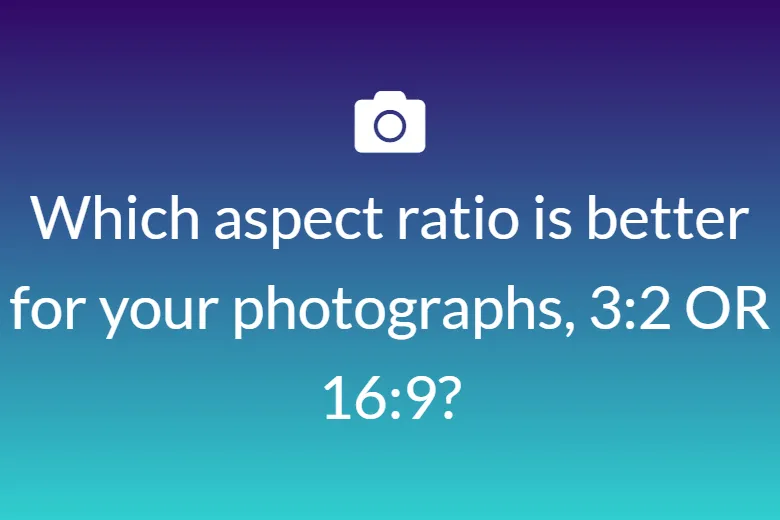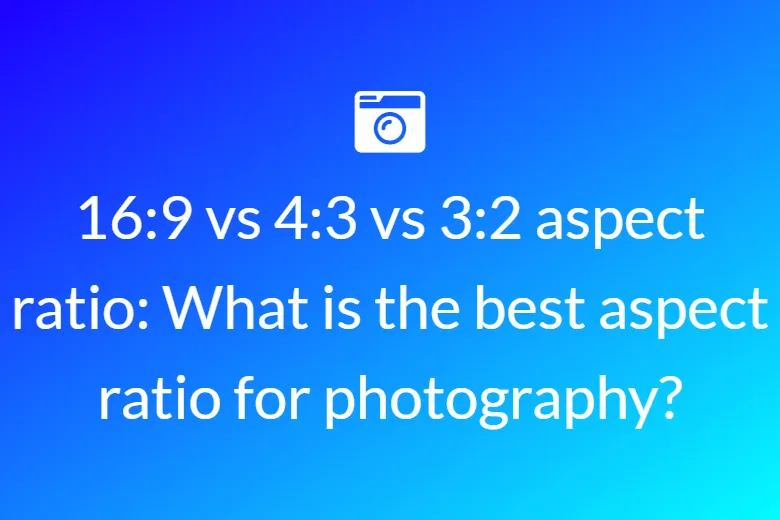What is a noun?
The definition of a noun is a word that describes anything (such as a person, animal, location, item, quality, idea, or action) and is often employed in a phrase as the subject or object of a verb or as the object of a preposition.
Full Any member of a class of words that can be paired with determiners (see DETERMINER sense b) to function as the subject of a verb, can be understood singularly or plurally, can be replaced with a pronoun, and relate to an entity, quality, state, action, or concept.
What exactly is a noun?
In most languages, including English, nouns are the most common type of word. A noun is a term that describes something (a book), a person (Betty Crocker), an animal (a cat), a location (Omaha), a trait (softness), an idea (justice), or an activity (yodeling). It’s usually a single word, but it’s not always: nouns include cake, shoes, school bus, and time and a half.
Nouns can be classified into a variety of groups.
There are two types of nouns: common and proper. A common noun is a word that refers to a person, place, or thing without being the name of that person, place, or thing. Animals, sunlight, and happiness are all examples.
A proper noun is a name for a specific person, place, or thing that usually starts with a capital letter, such as Abraham Lincoln, Argentina, or World War I.
A collective noun, such as flock or squad, is a noun that refers to a group of people or things. It’s not always clear whether a collective noun’s verb should be singular or plural. Nouns like company, team, herd, public, and class, as well as the names of corporations, teams, and other entities, are singular in the United States, but multiple in the United Kingdom: “The team has been performing well this season.” (US) “The team has been doing well this season.” (British) “The squad has been doing well this season.”
A noun that modifies another word immediately following it is called an attributive noun, such as business in a business meeting. These nouns may appear to be adjectives, but they aren’t.
The most significant aspect of a noun for English learners is whether it can be numbered. A count noun is one that can be used after a, an, or a number (or another word that means “more than one”). As with the word letter in the previous example, count nouns have both singular and plural forms and can be used with both singular and plural verb forms “There is a letter for you on the table. You receive letters on a regular basis.”
Something that cannot be counted is referred to as a mass noun (or noncount noun). Following the words an or an, or after a number, mass nouns are usually avoided. They only have one form and are exclusively used with singular verb forms, as in “Portuguese is one of the languages they speak” and “The information was ambiguous.”
Some nouns, such as bulk nouns, are not counted. Singular nouns are nouns that solely refer to one thing: “Saturn is the sixth planet from the sun.” “There was a big ruckus in the alley,” says the narrator. A plural noun, on the other hand, alludes to more than one person or thing, or to something with two primary elements.
“There was too much for one person to do” - a living human being; “there was too much for one person to do” - a living human being.
Many people may find history term definitions difficult to comprehend. Students can master the subject matter more quickly if they have a clear comprehension of it. It sometimes takes the perfect teacher to help different sorts of students attain a new level of understanding and knowledge.
The definitions of art terms are among the most important words ever. Consider the rhinoceros. A rhinoceros is defined as “a huge mammal with a horn on its nose.” You wouldn’t know what an animal with a horn on its nose was if you didn’t know that word.
Government
Definitions of government are quite important in the lives of people who are interested in politics and government. When we talk about politics, we’re referring to the debate and activity that surrounds government choices affecting public policy.
Health can be described as the ability to adapt and manage physical, mental, and other resources throughout one’s life in order to fulfil the criteria required for personal and community well-being.










